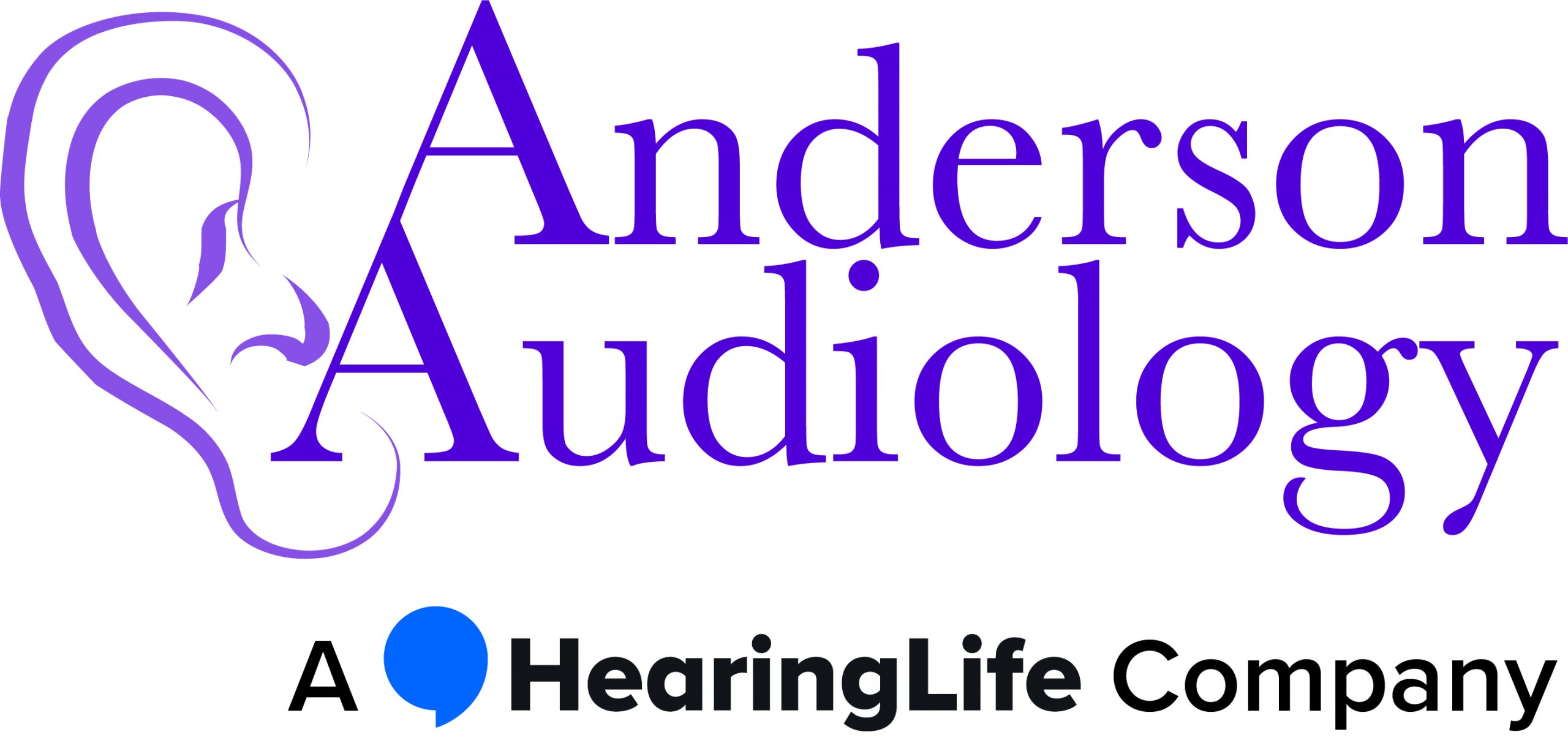In the vast discussion surrounding climate change, its impact on the environment, wildlife, and even our physical health dominates the conversation. However, an often overlooked aspect of this global phenomenon is its effect on hearing health.
As the planet warms and weather patterns shift unpredictably, the consequences ripple through our ecosystems, lifestyles, and ultimately, our well-being, including the delicate systems that govern our ability to hear.
The Connection Between Climate Change and Hearing Health
Climate change brings about more than just warmer temperatures; it alters precipitation patterns, increases the frequency of extreme weather events, and exacerbates air and noise pollution levels. These environmental shifts have a direct and indirect impact on hearing health. Increased humidity and flooding can lead to a proliferation of bacteria and fungi, raising the risk of ear infections, particularly in vulnerable populations.
Similarly, the rising incidence of wildfires and industrial emissions contributes to air quality degradation, potentially impairing auditory function and exacerbating conditions like tinnitus.
Moreover, noise pollution, heightened by more frequent and intense storms as well as human efforts to combat climate effects (e.g., construction of barriers and renewables), poses a significant risk to hearing. Prolonged exposure to high decibel levels can lead to noise-induced hearing loss, a condition that is preventable yet increasingly prevalent in today’s world.
Prolonged exposure to loud or moderately loud noise can damage the cells and nerves in the inner ear. If enough cells and nerves are destroyed, hearing is permanently damaged.
Case Studies and Evidence
Research highlights the growing concern for hearing health in the face of climate change. Studies in areas prone to high humidity and flooding have documented a rise in cases of otitis externa, commonly known as swimmer’s ear, correlating with increased environmental moisture levels.
Additionally, communities affected by wildfires have reported higher instances of respiratory and auditory health issues, suggesting a link between air quality and hearing function.
Strategies and Innovations in Audiology
It is crucial to recognize the overlap between environmental sustainability and hearing health in order to develop effective strategies for mitigating these challenges. Audiologists and public health experts are exploring innovative solutions, from public awareness campaigns that emphasize the importance of hearing protection in noisy environments, to the development of hearing aids designed to withstand extreme weather conditions.
Advancements in hearing aid technology also reflect an increased understanding of these environmental impacts. Features such as improved water resistance and enhanced noise cancellation capabilities are becoming more common, offering users better protection against the elements and the noisy world around them. Innovative interventions are also on the horizon.
Gene therapy, regenerative medicine, and advancements in cochlear implants are promising avenues that may revolutionize the treatment landscape.
In response to this evolving landscape, it’s essential for individuals to prioritize their hearing health by staying on top of regular hearing check-ups. By adopting a proactive approach to auditory care, we can mitigate the effects of climate change on our hearing health.
Need Help? Contact Us Today!
Our experienced audiologists are here to provide comprehensive hearing assessments and guide you towards optimum hearing health. Reach out to us if you feel your work is impacting your hearing. Call us today on 702-997-2964. Alternatively, click here to request an appointment online.

